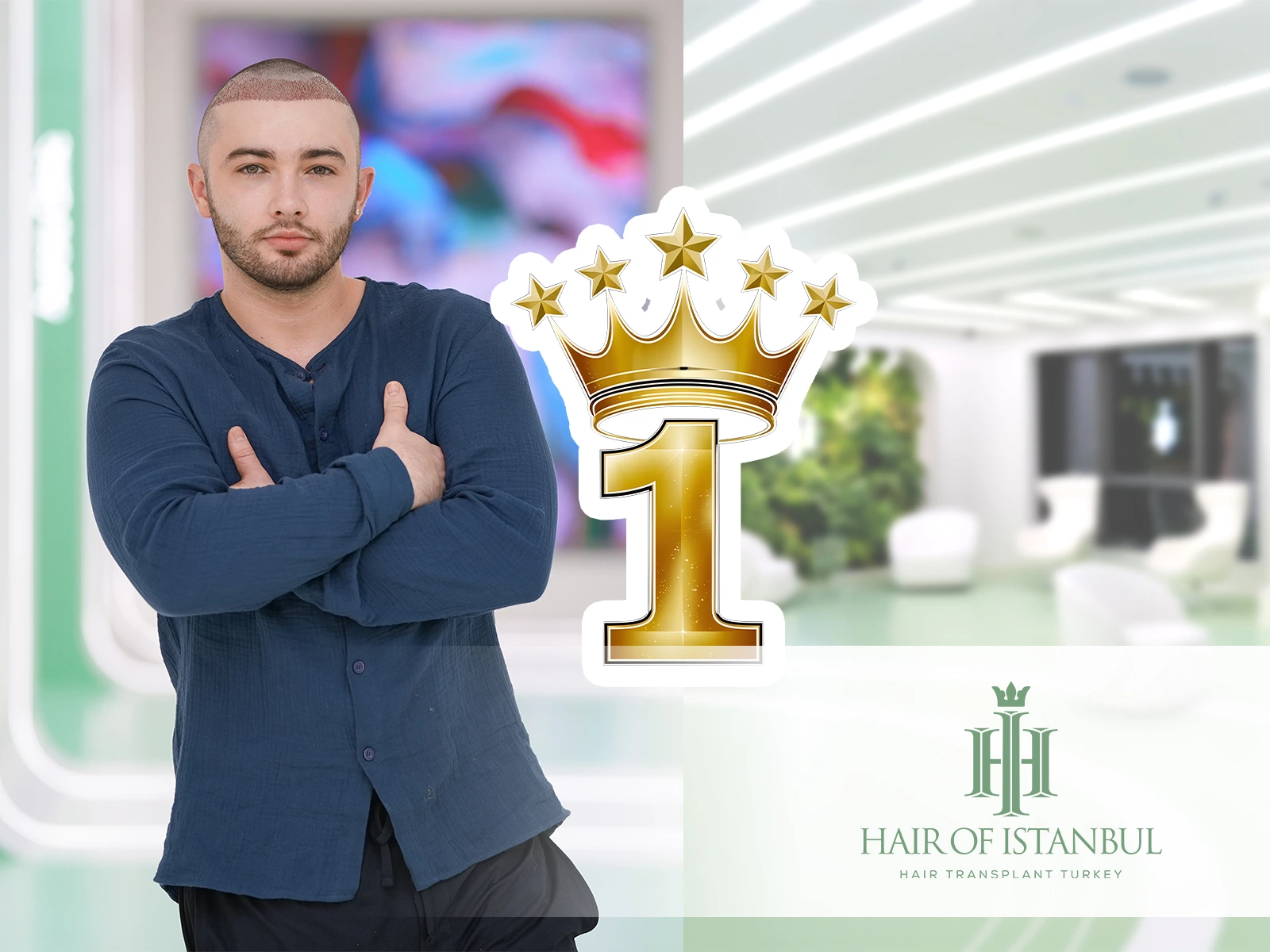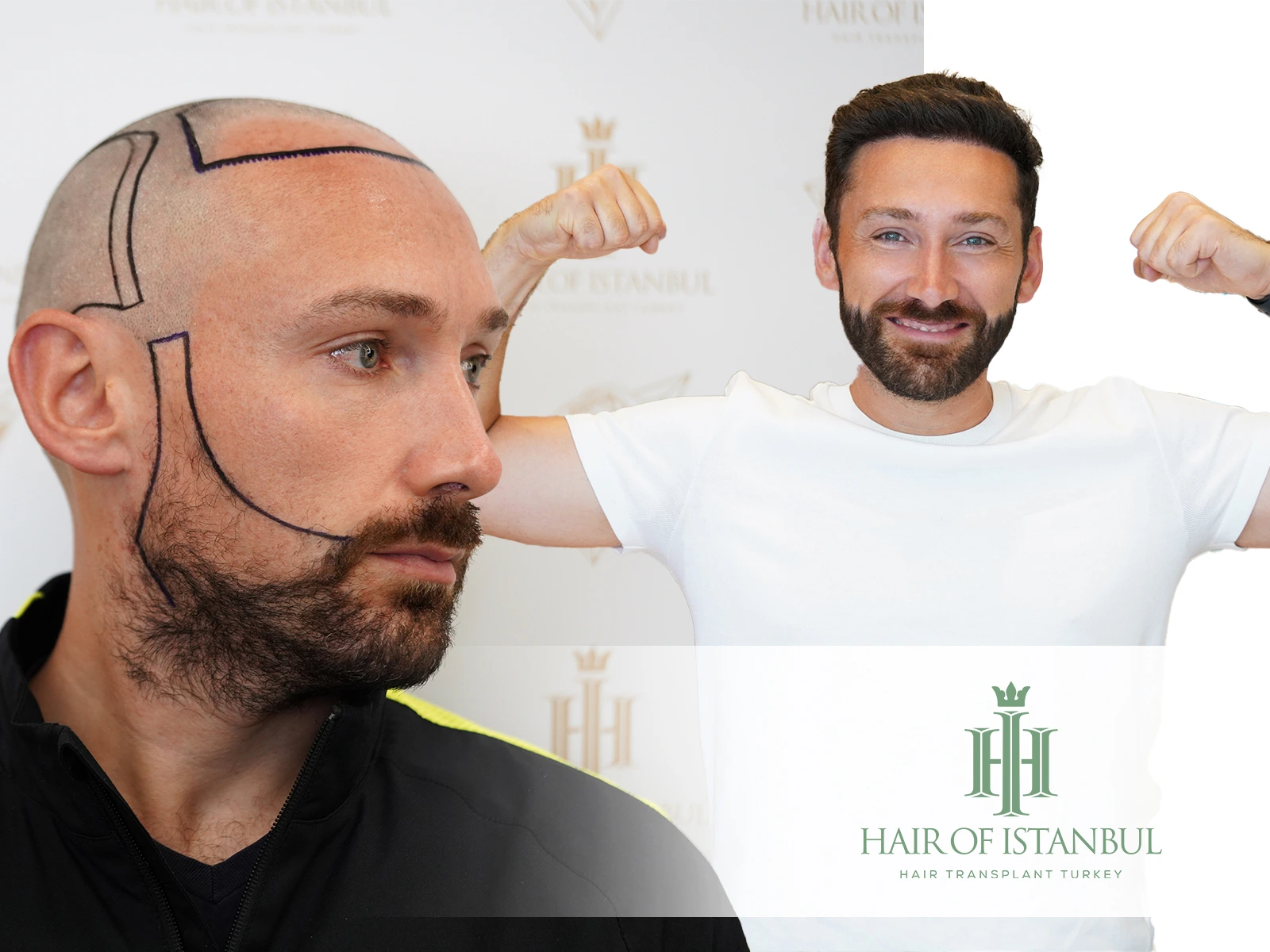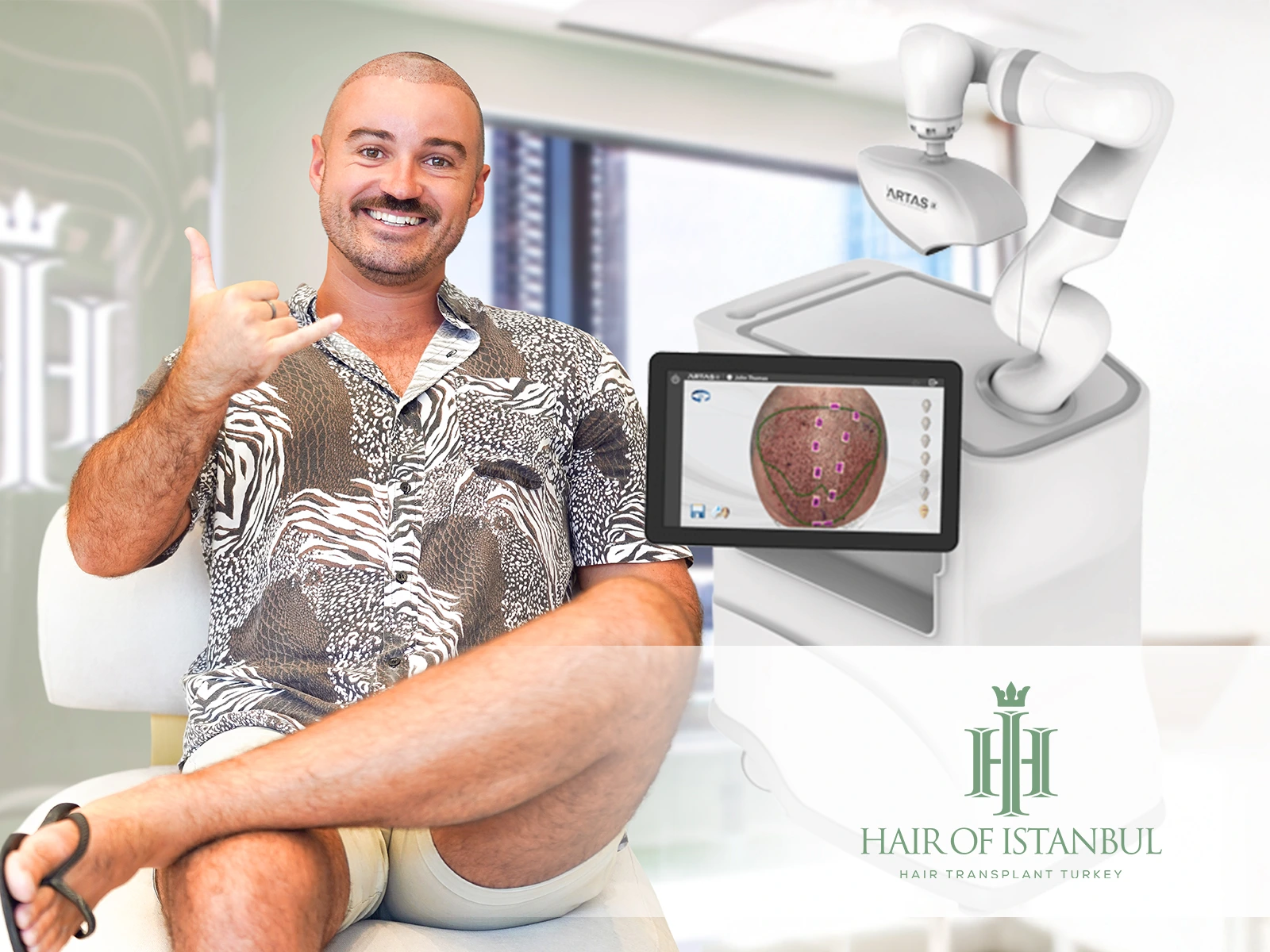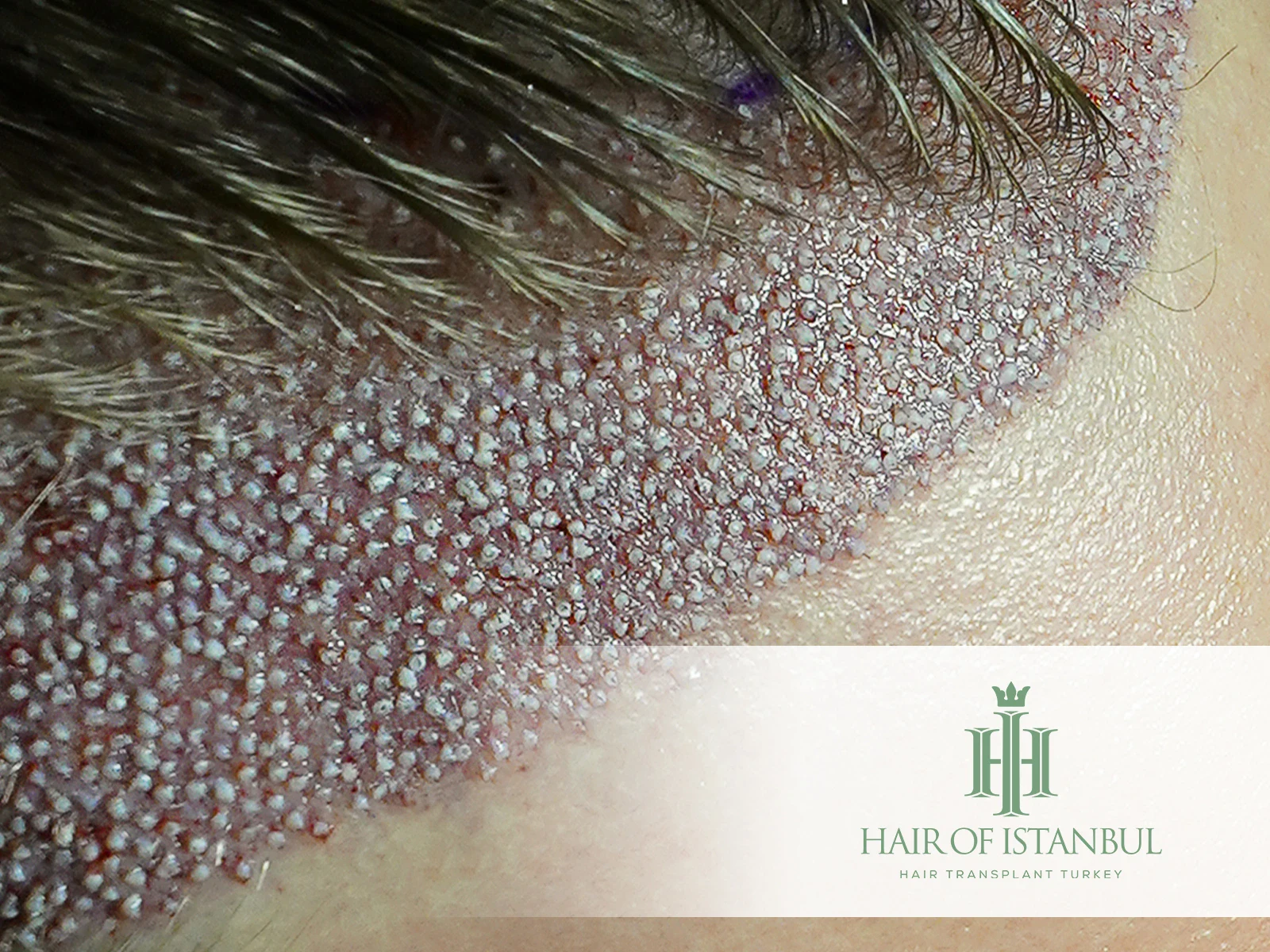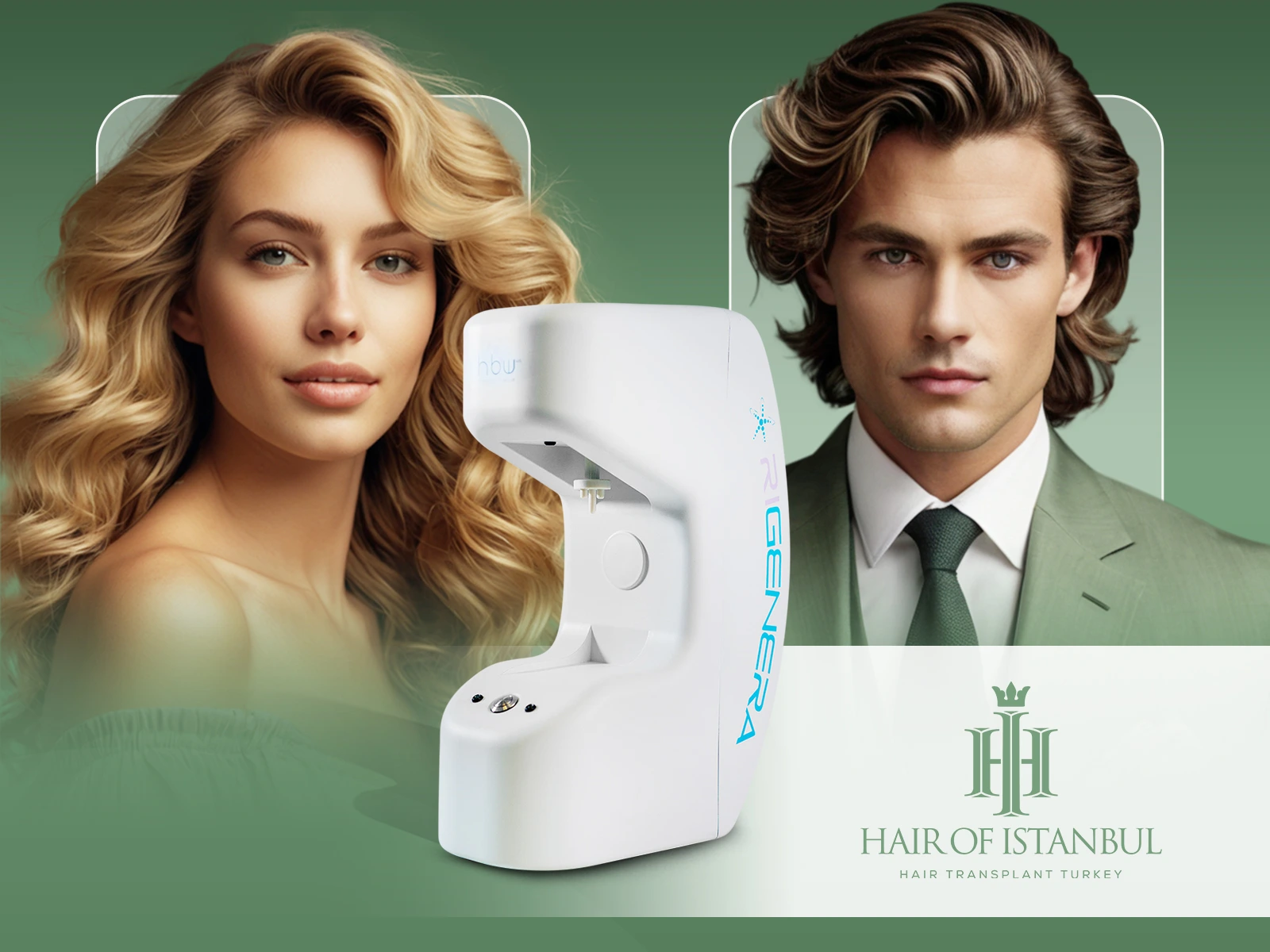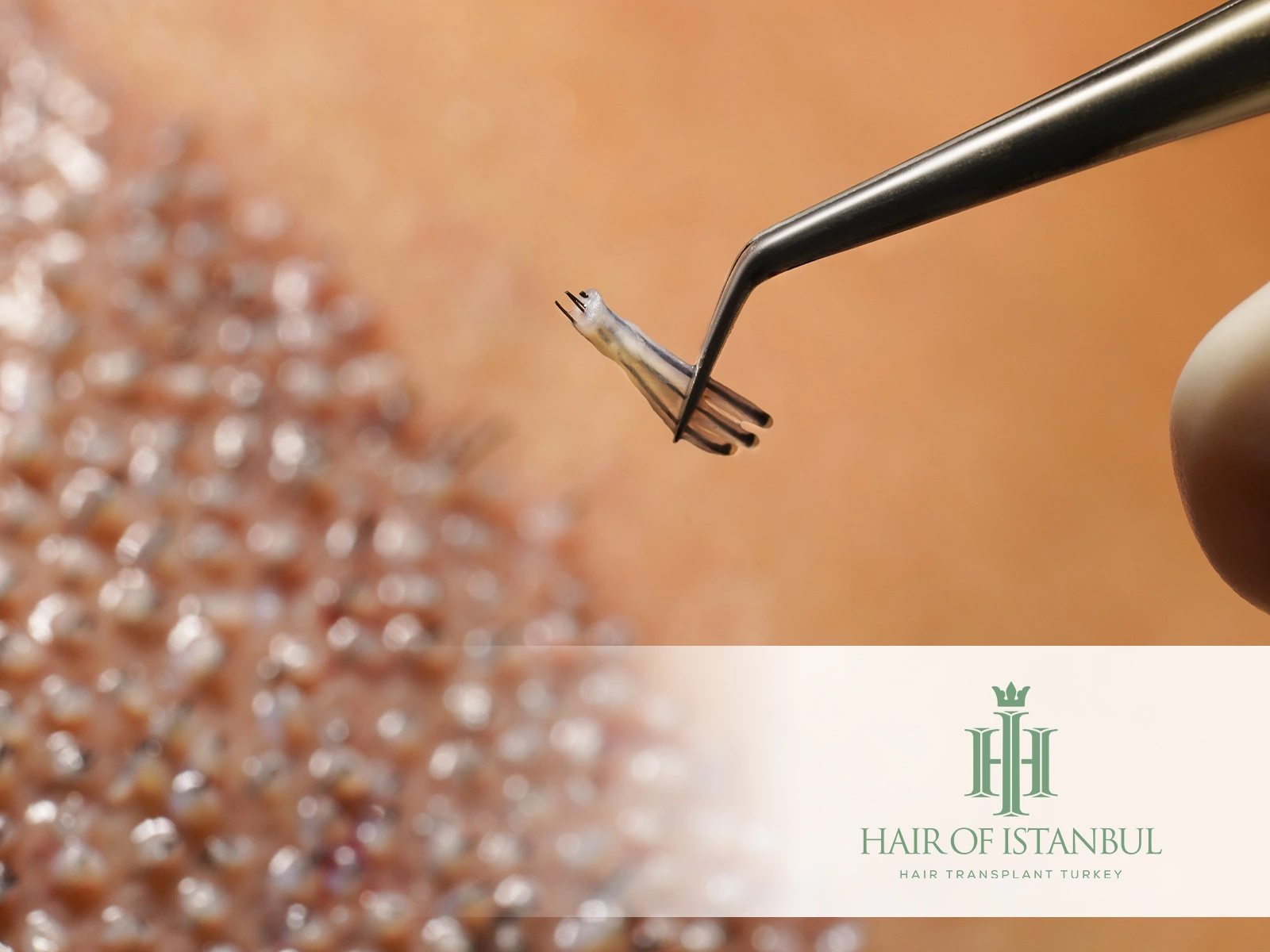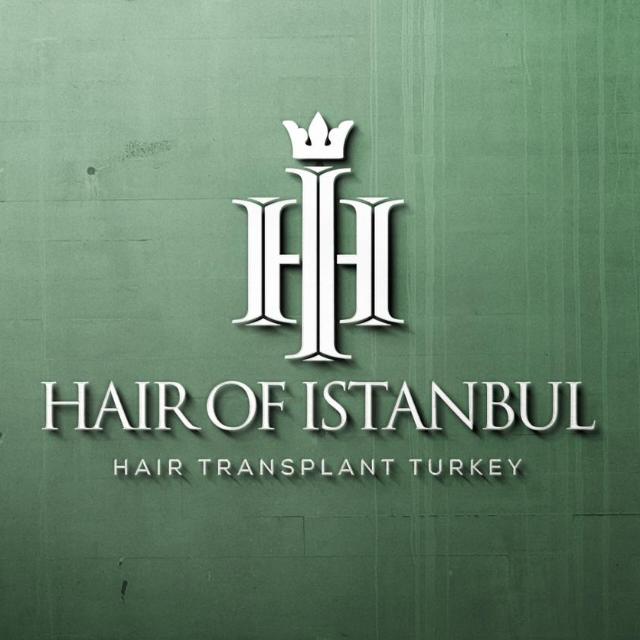Can Dimethicone Cause Hair Loss? Do You Need to Worry?
Navigating the intricate landscape of hair care can often feel like unraveling a mystery, especially when it comes to ingredients like dimethicone. Commonly found in many of our favorite products, its silky touch has been celebrated by many.
However, whispers in the beauty community suggest a possible dark side – could this smoothing agent actually contribute to hair loss? The debate is fierce, with both supporters and skeptics voicing their opinions.
As we embark on this journey, we’ll dissect the evidence, weigh the pros and cons, and aim to provide clarity on this contentious issue. Stay with us, and let’s uncover the truth behind these claims.
What is Dimethicone?
Dimethicone stands out as a type of silicone. Though its origins are debated, it’s unclear whether dimethicone is natural or man-made. However, when you come across dimethicone in products, it’s distinguishable by its odorless and colorless nature. [1]
This unique compound is often utilized for its smoothing properties, offering a slick feel in many personal care items. Frequently found in cosmetics and skincare, its texture-enhancing abilities make it a favorite among manufacturers.
Should I Avoid Dimethicone for Hair?
Silicone-based products, if overused, can accumulate on the scalp. This buildup isn’t just about aesthetics; it poses real concerns like potentially clogged pores. Over time, a clogged hair follicle might lead to visible red spots and heightened sensitivity in the scalp area. [2]
The repercussions of prolonged use might extend beyond just an irritated scalp to diminished hair health. Given these considerations, steering clear of dimethicone for your hair’s wellness isn’t merely cautionary – it’s advisable. Making informed choices can lead to healthier, happier hair.
Also Read: Understanding Average Forehead Size
What are the Adverse Effects of Dimethicone?
While any medication can potentially lead to side effects, many people often experience none or just minor ones. However, in rare cases, dimethicone might lead to more severe reactions. [3]
List of serious side effects:
| Allergic reaction signs: | Manifests as rashes |
| Urticaria: | Also known as hives |
| Itching: | General discomfort sensation |
| Red, swollen, blistered skin: | With or without fever |
| Wheezing: | Breathing difficulty |
| Tightness in the chest or throat: | Often associated with difficulty in breathing or speaking |
| Unusual hoarseness: | A different voice pitch |
| Swelling: | Typically of the mouth, face, lips, tongue, or throat |
Does Silicone in Shampoo Cause Hair Loss?
Silicone-based ingredients, commonly found in shampoos and conditioners, act as a protective layer on the hair strands. This layer, although useful for giving hair a smooth and shiny appearance, can impede the natural absorption of essential nutrients from the scalp over time. [4]
When the hair can’t breathe or absorb these vital nutrients, it becomes more susceptible to breakage and damage. Continual use of products with high silicone content, especially dimethicone, Cyclopentasiloxane, and Dimethiconol, might cause the hair to become weak and potentially lead to hair loss. For those prioritizing hair health, scrutinizing the ingredient list of hair products is crucial.
Dimethicone Hair Loss Lawsuit
Unilever, a renowned brand, found itself amidst legal storms, with class-action lawsuits initiated in jurisdictions like Illinois, New Jersey, and even Canada. The lawsuits revolved around allegations that their TRESemmé keratin shampoo and conditioner were causing scalp irritation and hair loss. [5]
Two women stood at the forefront, testifying their distressing experiences of hair loss and painful scalp burns. They argued that Unilever didn’t duly warn them about the harmful chemicals present.
This was just the beginning, as more complaints emerged, leading to further lawsuits and culminating in updated guidelines from the Food and Drug Administration (FDA) specifically focusing on hair smoothing products.
Also Read: 8000 Grafts Hair Transplant: Everything You Need to Know
Should There Be Dimethicone in Shampoo?
Dimethicone, a type of silicone, is frequently infused into shampoos, offering a promise of shinier, detangled hair. Dimethicone’s protective layer, while giving shine, can block natural moisture, leading to dry or damaged hair strands. [6]
Particularly, curly or fine hair can feel burdened due to the residue, rendering the product counterproductive. Given these aspects, the presence of dimethicone in shampoos may not be as essential as once believed.
Is Dimethicone Bad for Low Porosity Hair?
Effective care for low porosity hair aims to increase moisture penetration and prevent any product buildup. Hence, it’s generally advised to stay away from protein treatments and silicones. The rationale being, protein treatments don’t absorb well into low porosity hair, leading to hair stiffening and decreased moisture entry. [7]
As for silicones, while dimethicone softens hair cuticles, low porosity hair naturally has a smooth cuticle. Thus, silicones are redundant, potentially causing unnecessary buildup.
By using these explanations, readers can be well-informed and make educated decisions regarding their hair care.
Is Dimethicone Safe for Curls?
Water-insoluble dimethicone doesn’t easily break down or wash out, creating potential challenges for certain hair types. For those with fine hair, this silicone accumulation can give a greasy sensation, setting the stage for an unhealthy scalp environment. This environment can leave hair brittle and dull. [8]
For individuals with curly locks, regular use of products with dimethicone may lead to drier, more fragile hair. Over time, silicone deposits can weigh down hair, complicate regular styling, and impart a less-than-ideal appearance.
Should Curly Hair Avoid Silicone?
Silicones, like dimethicone, settle onto hair and can prevent moisture from reaching the hair roots. Many with curly tresses grapple with frizz at some point, and using a product that keeps hair dry is arguably the quickest way to lose control of those curls. [9]
Also Read: How Many Grafts Do I Need for My Hair Transplant? Calculate It!
How Long Does Dimethicone Stay in the Hair?
While cyclomethicone, a lighter silicone, evaporates from hair relatively quickly, dimethicone stands out as one of the heavier silicones, presenting its own set of challenges. Unlike its lighter counterpart, dimethicone lingers on the scalp until actively washed out. [10]
As it stays, this silicone might contribute to scalp and hair issues, underscoring the importance of understanding product ingredients.
How Do You Remove Dimethicone from Hair?
One straightforward method to rid hair of silicone is using a shampoo containing surfactants, powerful cleansers adept at removing silicone deposits. A typical sulfate shampoo or a clarifying shampoo can be considered for this purpose. [11] There are three notable methods to extract dimethicone:
| Detox Shampoo: | Using specialized shampoos designed to remove buildup. |
| Silicone-Free Product Detox: | Opt for products without silicones to cleanse hair. |
| Vinegar Rinse: | A diluted vinegar rinse can help strip away residues. |
* Especially for curly-haired individuals, the latter two methods can be particularly effective in washing away dimethicone and rejuvenating curls.
Is Dimethicone Easily Washed Out of Hair?
One effective method for removing dimethicone from hair involves the use of shampoos containing surfactants. Surfactants are a group of components that facilitate the mixing of water with oils and dirt. [12]
As a result, they can help hair to be rinsed and cleaned more effectively. While it might not guarantee a complete removal, a substantial portion of the silicone can be washed out with the aid of these shampoos.
How to Remove Dimethicone from Hair Naturally?
Beyond commercial cosmetic solutions, there are natural remedies available to help strip silicones from hair. Regular application of natural agents such as vinegar and baking soda, cosmetic clays, and herbs like green tea, nettle, thyme, and chamomile can be effective. [13]
When incorporated into one’s hair care routine, these ingredients can assist in gradually reducing silicone buildup.
| Vinegar & Baking Soda: | A mixture that can help dissolve and strip away silicone residues. |
| Cosmetic Clays: | Known for their detoxifying properties, helping to absorb and remove impurities. |
| Herbal Solutions: | Infusions of green tea, nettle, thyme, or chamomile can cleanse and purify hair. |
* Before attempting any of these methods, it’s essential to consult with your healthcare professional or dermatologist for guidance.
Also Read: Folliculitis After Hair Transplant: Symptoms, Causes, Treatments
Dimethicone Hair Loss Reddit
On Reddit, many users express concerns linking dimethicone to hair loss, while others hold differing views. It’s evident that a portion of the community worries about the inclusion of dimethicone in their shampoos and other hair products.
However, regardless of the opinions shared on Reddit, it’s always advisable to refer to authoritative health websites for a comprehensive understanding of dimethicone’s effects on hair.
Why Do All Hair Oils Have Dimethicone?
Dimethicone is prevalent in hair oils primarily for its smoothing properties. When used in formulations like PEG or PPG, it serves as a binding agent, harmonizing the product’s consistency. Its inclusion is crucial for maintaining a product’s desired effects. [14]
Within hair care, dimethicone acts as a protective layer around hair fibers, leading to silkier, more manageable tresses. This component plays a pivotal role in optimizing hair’s appearance and feel.
Also Read: Mature Vs Receding Hairline: What’s The Real Difference?
How Do I Get Rid of Dimethicone Buildup?
Considering the prevalence of dimethicone in numerous cosmetic products, the most straightforward solution to avoid its buildup is steering clear of products containing it. Proactively choosing dimethicone-free products can minimize unwanted residue.
How Do You Know If You Have Silicone in Your Hair?
Silicones often lurk behind various names, with Cyclopentasiloxane, Dimethiconol, and Amodimethicone being just a few. Each silicone variant possesses unique properties, affecting its solubility. While some are water-soluble and rinse out effortlessly, others require robust products to tackle their buildup. [15]
Interestingly, product pricing can sometimes dictate their frequency of use, with non-water-soluble silicones being more affordable and thus more prevalent.
What Happens If You Stop Using Silicone in Your Hair?
Transitioning to sulfate-free products may result in a different lathering experience, perhaps less foamy than before. Post-wash, that squeaky-clean feeling might be less pronounced, but that’s a good thing. [16]
It means the scalp retains more of its natural oils, promoting healthier hair over time. Opting for non-silicone products can be a positive change for your hair’s overall health. Remember, before implementing any changes to your hair care routine or using new products, consult with a dermatologist or hair specialist.
Also Read: How Many Hair Transplants Can a Person Have?
CONCLUSION
In light of the various studies and discussions surrounding the potential link between dimethicone and hair loss, the answer remains intricate. Hair of Istanbul stands out not only for its cutting-edge research into hair health topics but also as a leading facility for hair transplantation procedures.
Our state-of-the-art clinic, backed by dedicated research teams, strives to provide answers rooted in evidence and rigorous examination. Over the years, we’ve been at the forefront of hair care, offering both innovative hair transplantation solutions and credible insights into the industry’s most debated subjects. For those with concerns, it’s crucial to turn to esteemed institutions like ours.
At Hair of Istanbul, we take pride in being a pillar of trusted knowledge and expertise, ensuring every individual is well-guided and informed on their hair health journey.
References:
- [1] Joanne Lewsley, Mar 17, 2022 – What is dimethicone and what are its benefits? – https://www.medicalnewstoday.com/articles/dimethicone
- [2] Angela Law, Oct 14, 2021 – Are Silicones Really That Bad for Your Hair? – https://www.allure.com/story/are-silicones-bad-for-hair
- [3] Drugs, Jul 14, 2023 – Dimethicone topical Side Effects – https://www.drugs.com/sfx/dimethicone-topical-side-effects.html
- [4] Phoenix, Unknown Date – Which Ingredients in Shampoo Can Cause Hair Loss?- https://www.phoenix.ca/blog/which-ingredients-in-shampoo-can-cause-hair-loss
- [5] Jennifer L. Henn, Mar 10, 2021 – TRESemmé Class Action Lawsuit Claims Shampoo Causes Hair Loss, Scalp Burns- https://topclassactions.com/lawsuit-settlements/consumer-products/beauty-products/class-action-lawsuit-claims-maker-of-tresemme-liable-for-hair-loss-scalp-burns/
- [6] By Tenley Haraldson, Apr 20, 2023 – Dimethicone: Is It Safe for Skin & Hair? – https://puracy.com/blogs/spotlight/is-dimethicone-bad-and-alternatives
- [7] Mary West, Feb 17, 2023 – Low porosity hair: Signs and how to care for it – https://www.medicalnewstoday.com/articles/low-porosity-hair
- [8] Chayanika Sen, July 28, 2022 – Can Dimethicone Cause Hair Loss? + What Are The Safer Alternatives – https://skinkraft.com/blogs/articles/can-dimethicone-cause-hair-loss
- [9] Curl Expert, Apr 22, 2023 – Silicone is a “Sili-Don’t” for Curly Hair – https://www.frizzoff.com/blogs/blog/silicone-is-a-sili-don-t-for-curly-hair
- [10] Gio, Unknown Date – How To Easily Remove Silicone Buildup From Hair – https://www.beautifulwithbrains.com/remove-silicone-buildup-hair/
- [11] – Aug 20, 2021 – How To Remove Silicone From Your Hair – https://blog.livingproof.com/how-to-remove-silicone-from-your-hair/
- [12] Gio, Unknown Date – How To Easily Remove Silicone Buildup From Hair – https://www.beautifulwithbrains.com/remove-silicone-buildup-hair/
- [13] Nanoil, Unknown Date – Hair Detox. How to Remove Silicone Build-Up from Hair & Scalp? – https://nanoil.us/blog/post/hair-detox-how-to-remove-silicone-build-up-from-hair-and-scalp
- [14] – Joanne Lewsley, Mar 17, 2022 – What is dimethicone and what are its benefits? – https://www.medicalnewstoday.com/articles/dimethicone
- [15] Em Mango, Jul 12, 2019- Does my shampoo have silicone in it? And how do I get it out? – https://solibar.co/en-us/blogs/news/silicone-and-natural-haircare-shampoo-bars
- [16] Act+Acre Team, July 16, 2020 – What to Expect Transitioning to Silicone and Sulfate Free Products – https://actandacre.com/blogs/all-blogs/what-to-expect-transitioning-to-silicone-and-sulfate-free-products

